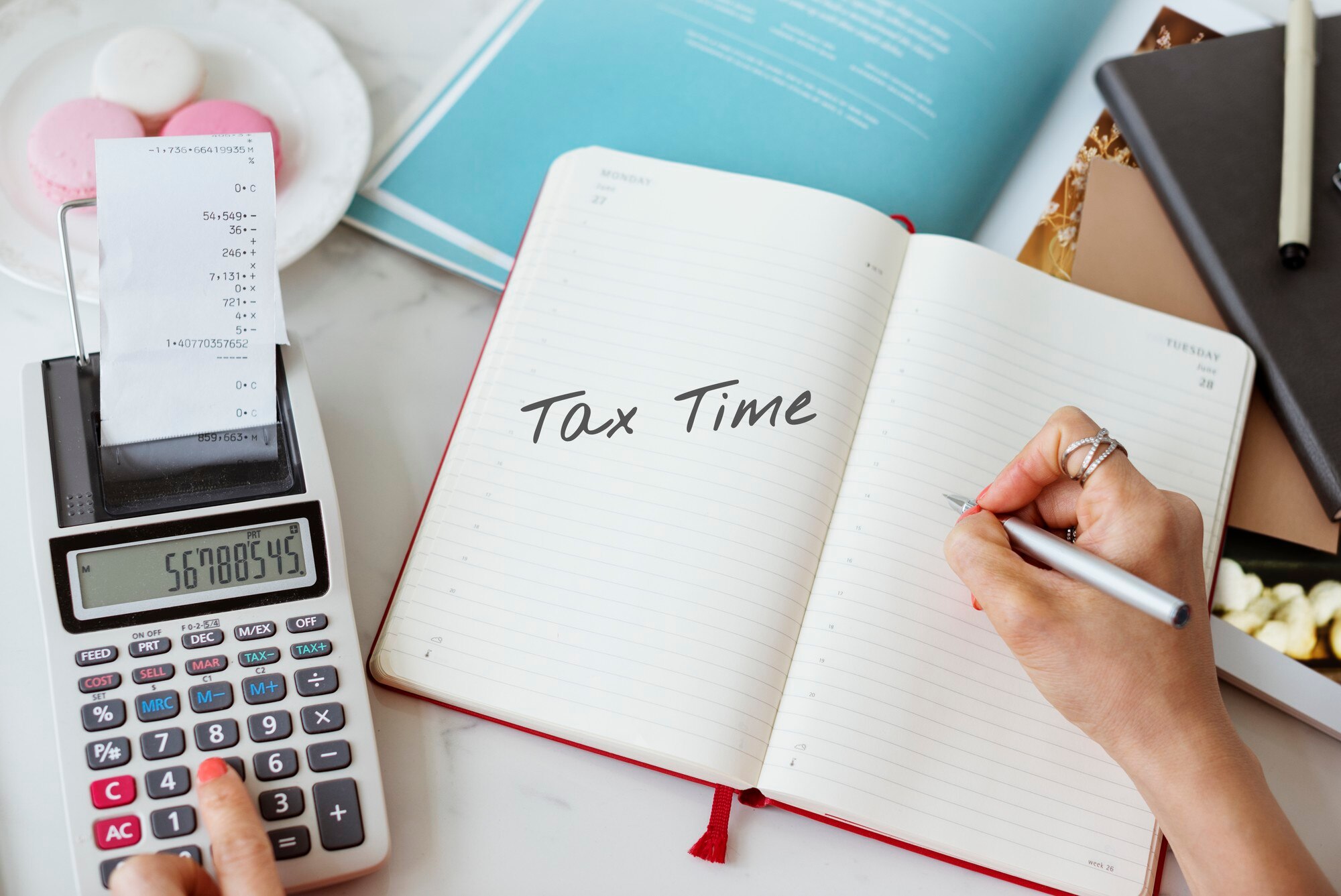Many newcomers to Canada are often confused about what they need to do regarding their taxes when settling in. Over the years, I have met a few who aren’t sure whether they need to file taxes or when they should do so. As a newcomer, establishing a record with the relevant authorities is both essential and beneficial. Not only does it ensure ease of eventual compliance with the tax requirements in the country, but it also opens the door to potential benefits that are only applicable to registered tax residents. This article provides an overview on the steps to take after arriving in Canada.
Register for a Social Insurance Number (SIN)
An SIN is a 9-digit number assigned to individuals by the government. As a resident of Canada, the SIN is extremely important and is central to everything related to living in Canada. The Canada Revenue Agency (CRA) shares a connection with Service Canada, allowing Canadian residents registered on both platforms to securely log in to either platform without needing to revalidate their identities.
To apply for an SIN, newcomers should visit the nearest Service Canada location or apply online through their official website. In the event where they cannot obtain a SIN immediately, they can reach out to the CRA to obtain a temporary tax number which can be used to access benefits and file taxes.
Apply for the GST/HST Credit and Canada Carbon Rebate (CCR):
The Goods and Services Tax/Harmonized Sales Tax (GST/HST) is a consumption tax levied on most goods and services sold in Canada. To mitigate the cost of living, the Canadian government redistributes a portion of the collected GST/HST as credits to qualified individuals and families.
The Canada Carbon Rebate (CCR), previously known as the Climate Action Incentive Payment (CAIP), is a tax-free disbursement designed to offset the cost of federal pollution pricing on eligible individual and families. The rebate is only eligible to residents who live in Alberta, Nova Scotia, Manitoba, Ontario, New
Brunswick, Prince Edward Island, Newfoundland and Labrador, and Saskatchewan.
To apply for these credits, individuals must complete Form RC151. This form requires personal information, including the SIN (as discussed earlier), information about dependents if applicable, and income earned prior to arriving in Canada. Individuals who did not earn Canadian income prior to arriving in Canada, can convert their foreign income to Canadian dollars using the standard exchange rates provided by the Bank of Canada or other recognized platforms. The completed form should then be forwarded to the closest tax services office, the address for which is typically located at the bottom right of the form.
Apply for the Canada Child Benefit (CCB):
Residents of Canada who have already filed a tax return are not required to apply separately for these benefits, as the Canada Revenue Agency (CRA) automatically assesses eligibility during the tax return review. However, newcomers who arrived in Canada after the tax filing deadlines, and have not filed any return with the CRA, must establish a tax record with the CRA to be considered for any tax-related benefits.



